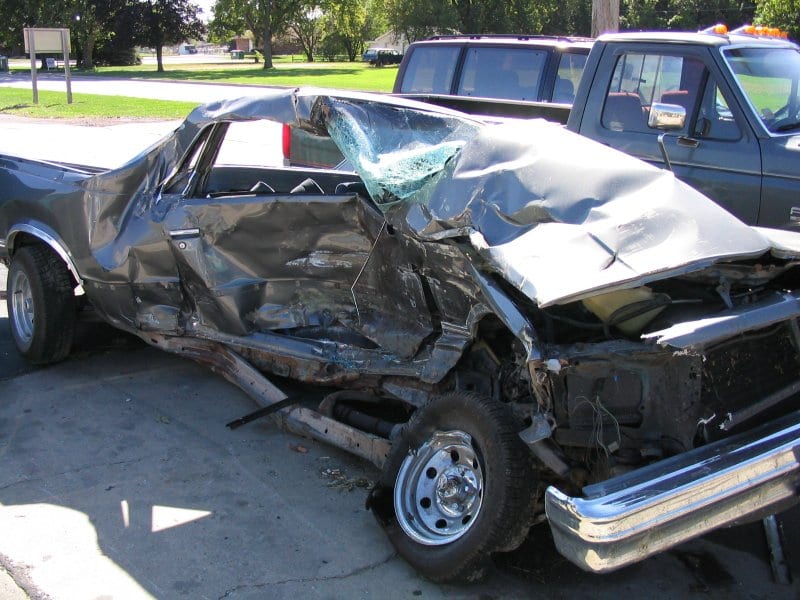Often temporary, dissociative amnesia occurs when your mind is avoiding processing intense information. It’s an emotional shock and psychological response, rather than actual brain damage.
One of the most common injuries sustained in car accidents is a head injury. From the commonly sustained whiplash all the way to a concussion, the force of being in a car collision can be detrimental to the head and neck in several ways. The most serious brain injury is called a TBI, or Traumatic Brain Injury. If you sustain a traumatic brain injury in a car accident, you should absolutely speak with a brain injury attorney after receiving medical care. They can help make sure that your treatment is covered financially by the at-fault driver.
Traumatic Brain Injuries
Unfortunately, a TBI isn’t just one of the most common car accident injuries, but also one of the most dangerous. TBIs can cause a variety of debilitating symptoms that can affect the rest of your life. One of these symptoms is memory loss or amnesia.
Traumatic brain injuries are defined as a disruption in normal brain function caused by an external force, according to the CDC. Common causes of TBI include motor vehicle accidents, falls, physical assault, sports injuries, and strokes.
Types of Amnesia
Because the brain is so complex, amnesia doesn’t manifest the same way in everyone who suffers from it. In fact, many people experience a combination of types of amnesia. Here are the three most common forms:
Retrograde Amnesia: This is when you cannot recall memories from before the accident. This form of memory loss can affect weeks, months, or even years of your memories.
Anterograde Amnesia: This is when you cannot form new memories after a traumatic event. It can be partial or full amnesia, and it can be temporary or permanent.
Post Traumatic / Dissociative Amnesia: Often temporary, dissociative amnesia occurs when your mind is avoiding processing intense information. It’s an emotional shock and psychological response, rather than actual brain damage. After a traumatic event like a car accident, the brain tries to block out the memory, which can also cause loss of other memories.
Symptoms of Amnesia

Amnesia can manifest itself in several ways. The most prevalent symptom is of course memory loss, but there are many other side effects that may be experienced by those suffering. Some of these additional symptoms include:
- Clouded thinking
- Inability to remember things
- Trouble concentrating
- Confusion or disorientation
- Struggling to organize thoughts
- False memories
- Headaches or sensitivity to sound/light
- Personality changes like irritability
Road to Recovery
According to the St. Petersburg car accident lawyers at Salter, Healy, Rivera & Heptner, most brain injuries qualify as serious injuries by law, making the victim eligible for a claim against the at-fault person. If you or a loved one are experiencing memory loss after a car accident, seek medical attention immediately and then contact an attorney.
Receiving medical treatment is not only imperative to your physical and psychological recovery, but it is an important step in documenting your head injury in case a lawsuit is pursued. If it is, you may be able to recover damages for your injury. This could include compensation for your medical bills, mental trauma, lost wages, and pain and suffering.


Join the conversation!